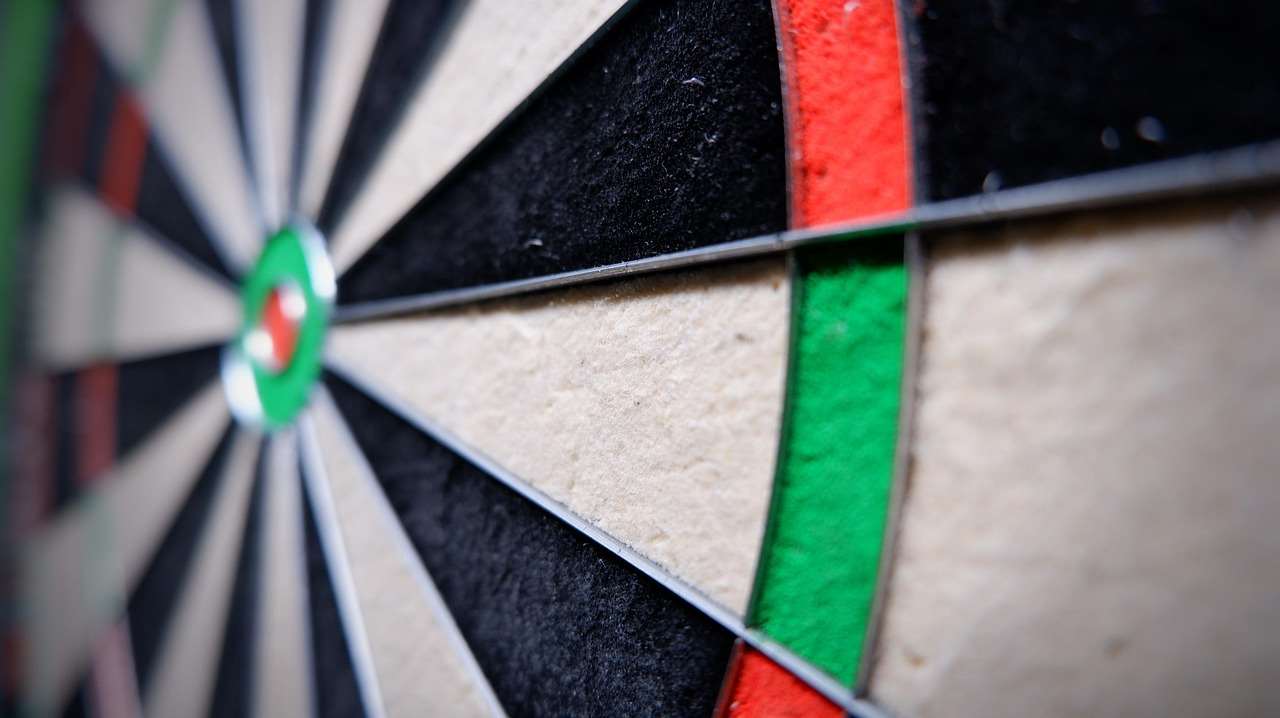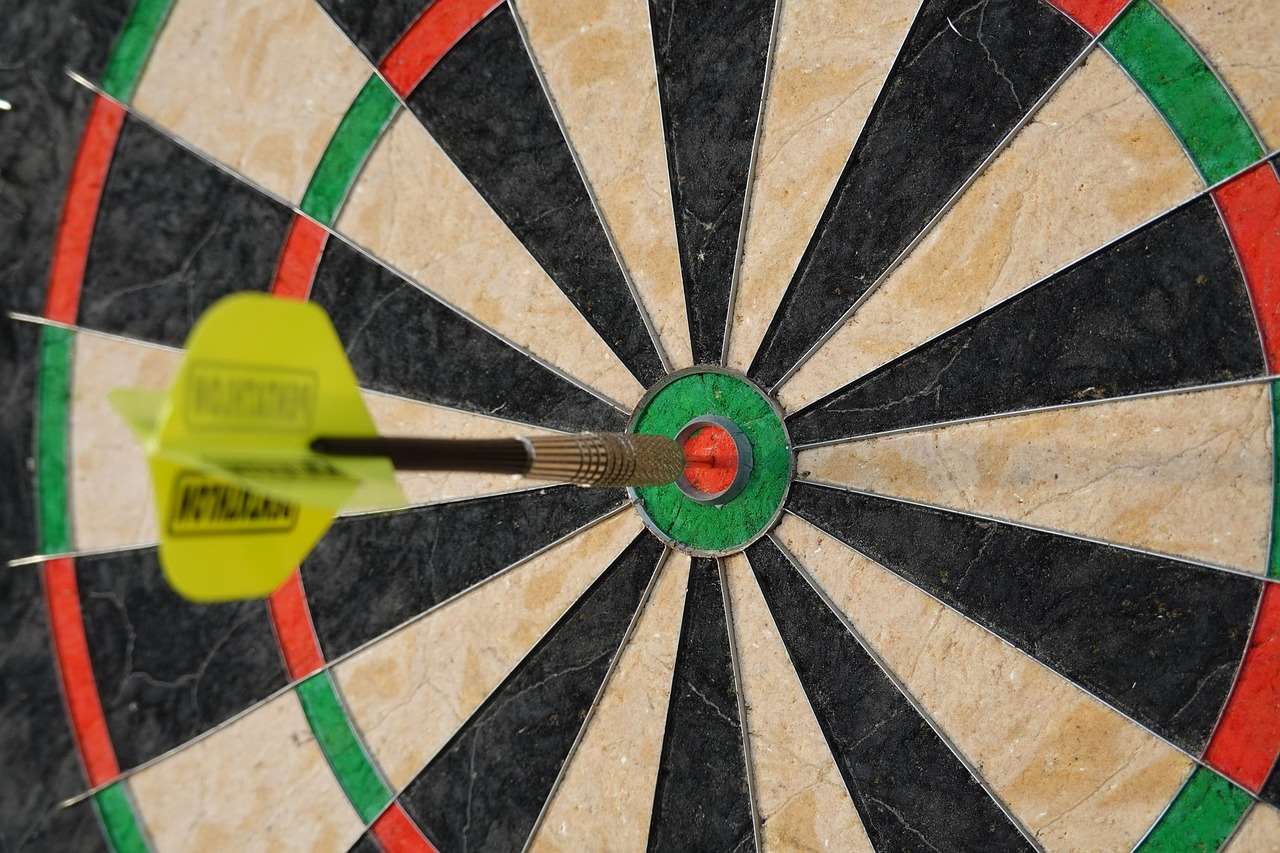The 501 dart game is a classic, but exploring its variants adds layers of strategy and excitement. This article serves as a guide to the **501 variants popular list**, offering insights into how these changes impact gameplay and provide new challenges for players of all skill levels. We’ll delve into common variations, scoring adjustments, and strategies for mastering each one.
⚠️ Still Using Pen & Paper (or a Chalkboard)?! ⚠️
Step into the future! The Dart Counter App handles all the scoring, suggests checkouts, and tracks your stats automatically. It's easier than you think!
Try the Smart Dart Counter App FREE!Ready for an upgrade? Click above!
Exploring the 501 Variants Popular List: Beyond the Basics
While the standard 501 game is widely recognized, the beauty of darts lies in its adaptability. The **501 variants popular list** encompasses numerous rule changes and scoring tweaks that can drastically alter the game’s dynamics. These variations cater to different skill levels and preferences, ensuring that there’s always a fresh challenge to conquer. From subtle adjustments to radical departures, understanding these variants will transform your darting experience. Before 501 became popular, many dart games before 501 invented had regional rule differences.

Understanding the Core of 501
Before diving into the variations, let’s reaffirm the fundamental rules of standard 501. Each player starts with 501 points and aims to reduce their score to exactly zero. The final dart must be a double (hitting a double segment on the dartboard) to win. If a player scores more points than needed, resulting in a score of one or less, or throws a single when a double is required to finish, the round is a “bust,” and their score reverts to what it was at the start of that round. Knowing these rules is crucial before understanding the **501 variants popular list**. The 501 darts format, a staple in pubs and professional tournaments, is often played as a “best of” series, meaning players compete in multiple legs to determine an overall winner.
Common Variations in the 501 Variants Popular List
The **501 variants popular list** includes several frequently played modifications to the standard rules. These adjustments often address specific aspects of the game, such as the opening requirements or the finishing conditions.
Double In: Starting with a Double
One of the most prevalent variations is “Double In.” In this version, players must hit a double segment before they can start scoring. Any points scored before hitting the initial double are disregarded. This significantly increases the difficulty and emphasizes accuracy from the very first dart. “Double In” adds a layer of strategic pressure, as players may choose to target easier doubles initially rather than aiming for high scores. The history of darts games uk shows many rule variations were tried before standarization.

Master Out: Requiring a Double or Triple to Finish
A less common but still challenging variant is “Master Out.” In this version, players must finish with either a double or a triple. This increases the difficulty compared to a standard “Double Out” finish, demanding greater precision and expanding the range of possible checkout combinations. This variation adds significant complexity to endgame strategy, as players must consider both double and triple options when calculating their remaining score. You might also find some rare dart game instructions that describe this.
Free In, Free Out: No Restrictions on Starting or Finishing
At the opposite end of the spectrum, some variations remove the restrictions on starting or finishing with a double. “Free In, Free Out” allows players to score from the very first dart and finish with any dart, regardless of whether it’s a single, double, or triple. This simplifies the game and makes it more accessible to beginners. While reducing the challenge, “Free In, Free Out” can be a fun way to introduce new players to darts and focus on scoring rather than precise finishing techniques. This can be a fun way to explore Darts Variants Fun Games with friends who are new to the sport.

Beyond the Basics: Advanced 501 Variants
For experienced dart players seeking a greater challenge, the **501 variants popular list** extends to more complex and unconventional rule sets. These variations often introduce scoring modifications or strategic constraints that demand a higher level of skill and adaptability.
Handicap Systems: Leveling the Playing Field
To create a more even contest between players of different skill levels, handicap systems can be implemented. One common approach is to award a weaker player a certain number of points at the start of the game, effectively giving them a head start. Another method involves allowing the stronger player to start with a higher score than 501, increasing their challenge. Handicap systems are valuable for ensuring that games remain competitive and enjoyable for all participants. Some forgotten pub dart games utilized handicaps based on experience.
Team Play Variations
501 can also be adapted for team play, with variations such as “pairs” or “teams of three” competing against each other. In these formats, players take turns throwing their darts, and their scores are combined to reduce the team’s overall score. Team play adds a social element to the game and encourages collaboration and strategic planning. Communication and coordination between teammates are crucial for success in these variations.
Strategies for Mastering 501 Variants
Adapting your strategy is crucial when navigating the **501 variants popular list**. Each variation demands a unique approach to scoring, checkout combinations, and risk assessment.

Double In Strategies: Patience and Precision
In “Double In,” prioritize hitting doubles early in the game. Focus on easier doubles, such as double 1 or double 20, to get your score moving. Avoid taking unnecessary risks by targeting high-scoring singles before securing the initial double. Once you’re “in,” switch to your standard scoring strategy. If you fail to hit a double after a few rounds, consider switching your target double to avoid developing a mental block. It is interesting to see what ancient dart throwing games might look like.
Master Out Strategies: Expanding Your Checkout Knowledge
In “Master Out,” expand your knowledge of checkout combinations to include both doubles and triples. Practice finishing from a wider range of scores, considering both options. Be prepared to adjust your strategy based on your remaining score and the darts you have left in hand. For example, if you have a score of 32, you could aim for double 16, but if you’re not confident, consider aiming for the single 16, leaving yourself with double 8 the next round.
General Tips for All Variants
- Practice Regularly: Consistent practice is the key to improving your dart skills and adapting to different variations.
- Analyze Your Game: Track your performance in different variants to identify your strengths and weaknesses.
- Adjust Your Grip and Stance: Experiment with different grips and stances to find what works best for you in each variation.
- Stay Calm Under Pressure: Maintaining composure is essential, especially in challenging variations like “Double In” or “Master Out.”
- Have Fun! Remember that darts is a game, so relax, enjoy the challenge, and celebrate your progress.

The Enduring Appeal of 501 and Its Variants
The **501 variants popular list** highlights the game’s versatility and its ability to cater to a wide range of players. Whether you’re a casual player looking for a fun challenge or a serious competitor seeking to hone your skills, there’s a 501 variant that will suit your needs. The adaptability of the game has ensured its enduring popularity across generations and cultures. The core of 501 is simple, but the subtle nuances of its variations offer endless opportunities for strategic depth and exciting gameplay.
Conclusion: Embrace the Diversity of Darts
Exploring the **501 variants popular list** opens up a world of possibilities for dart players. From the strategic demands of “Double In” to the expanded checkout options of “Master Out,” each variation presents a unique challenge and demands a different approach. By understanding and mastering these variations, you can enhance your darting skills, expand your strategic thinking, and deepen your appreciation for this timeless game. So, grab your darts, gather your friends, and start exploring the exciting world of 501 variants! Consider joining a local dart league or organizing a tournament to test your skills in different formats. Are you ready to take your darts game to the next level? Start practicing different **501 variants** today!
Hi, I’m Dieter, and I created Dartcounter (Dartcounterapp.com). My motivation wasn’t being a darts expert – quite the opposite! When I first started playing, I loved the game but found keeping accurate scores and tracking stats difficult and distracting.
I figured I couldn’t be the only one struggling with this. So, I decided to build a solution: an easy-to-use application that everyone, no matter their experience level, could use to manage scoring effortlessly.
My goal for Dartcounter was simple: let the app handle the numbers – the scoring, the averages, the stats, even checkout suggestions – so players could focus purely on their throw and enjoying the game. It began as a way to solve my own beginner’s problem, and I’m thrilled it has grown into a helpful tool for the wider darts community.